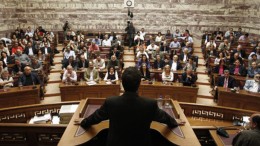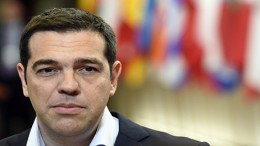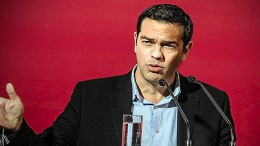How Greece’s electoral map changed radically over 10 years
Yiannis Mouzakis via Macropolis | As Greece heads into snap national polls on July 7, it is beyond doubt that there has been a substantial shift in Greek voters’ views and preferences, which translated into a strong rejection of Syriza across society.










